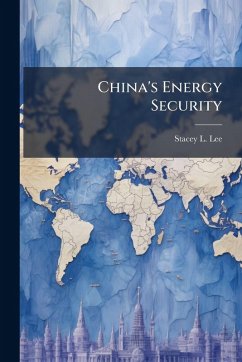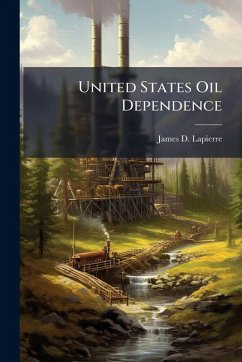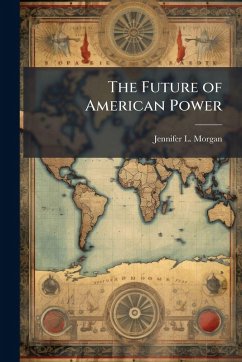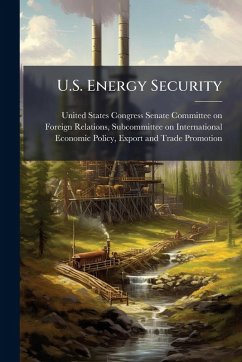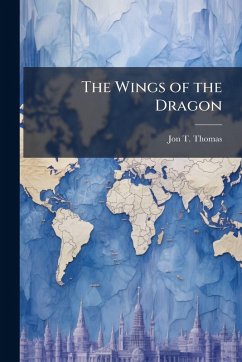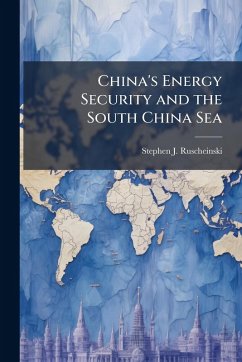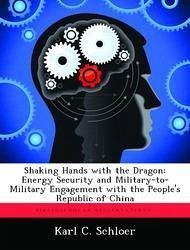
Shaking Hands With the Dragon
Energy Security and Military-to-Military Engagement With the People's Republic of China
Versandkostenfrei!
Versandfertig in über 4 Wochen
14,99 €
inkl. MwSt.

PAYBACK Punkte
7 °P sammeln!
The United States and the People's Republic of China share similar interests with respect to energy security. Each depends on imported energy for economic growth and stability. Protecting the flow of that energy also affects each country's strategic thinking. Yet differences on other issues have created mutual suspicion and mistrust that limit dialogue between the two countries' militaries. Energy security offers opportunities for military-to-military engagement without directly confronting more sensitive issues of military capability, strategy, and operations. Several considerations, includin...
The United States and the People's Republic of China share similar interests with respect to energy security. Each depends on imported energy for economic growth and stability. Protecting the flow of that energy also affects each country's strategic thinking. Yet differences on other issues have created mutual suspicion and mistrust that limit dialogue between the two countries' militaries. Energy security offers opportunities for military-to-military engagement without directly confronting more sensitive issues of military capability, strategy, and operations. Several considerations, including domestic politics, transparency, legal compliance, and the interests of allies, affect the suitability of any topic as a basis for exchanges. Energy security as a broad subject fits within those considerations, and the specific topics of conservation, renewable energy sources, clean coal, and synthetic fuels can serve as focus areas for exchanges that build on existing civil and military activities. Security, environmental concerns, economic risks, and the difficulties of working with large government bureaucracies represent significant but manageable obstacles. Ultimately, successful engagement in the area of energy security may help establish the trust needed to expand military-to-military contact on more traditional national security topics, reducing the potential for misunderstandings and conflict between two major powers of the early twenty-first century. This work has been selected by scholars as being culturally important, and is part of the knowledge base of civilization as we know it. This work was reproduced from the original artifact, and remains as true to the original work as possible. Therefore, you will see the original copyright references, library stamps (as most of these works have been housed in our most important libraries around the world), and other notations in the work. This work is in the public domain in the United States of America, and possibly other nations. Within the United States, you may freely copy and distribute this work, as no entity (individual or corporate) has a copyright on the body of the work. As a reproduction of a historical artifact, this work may contain missing or blurred pages, poor pictures, errant marks, etc. Scholars believe, and we concur, that this work is important enough to be preserved, reproduced, and made generally available to the public. We appreciate your support of the preservation process, and thank you for being an important part of keeping this knowledge alive and relevant.



